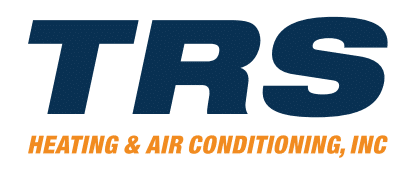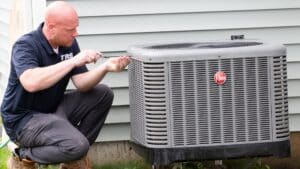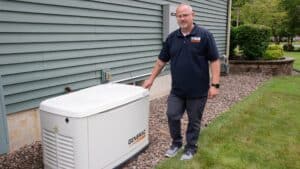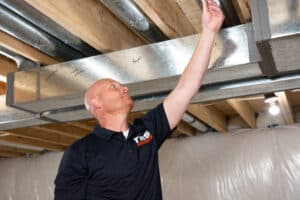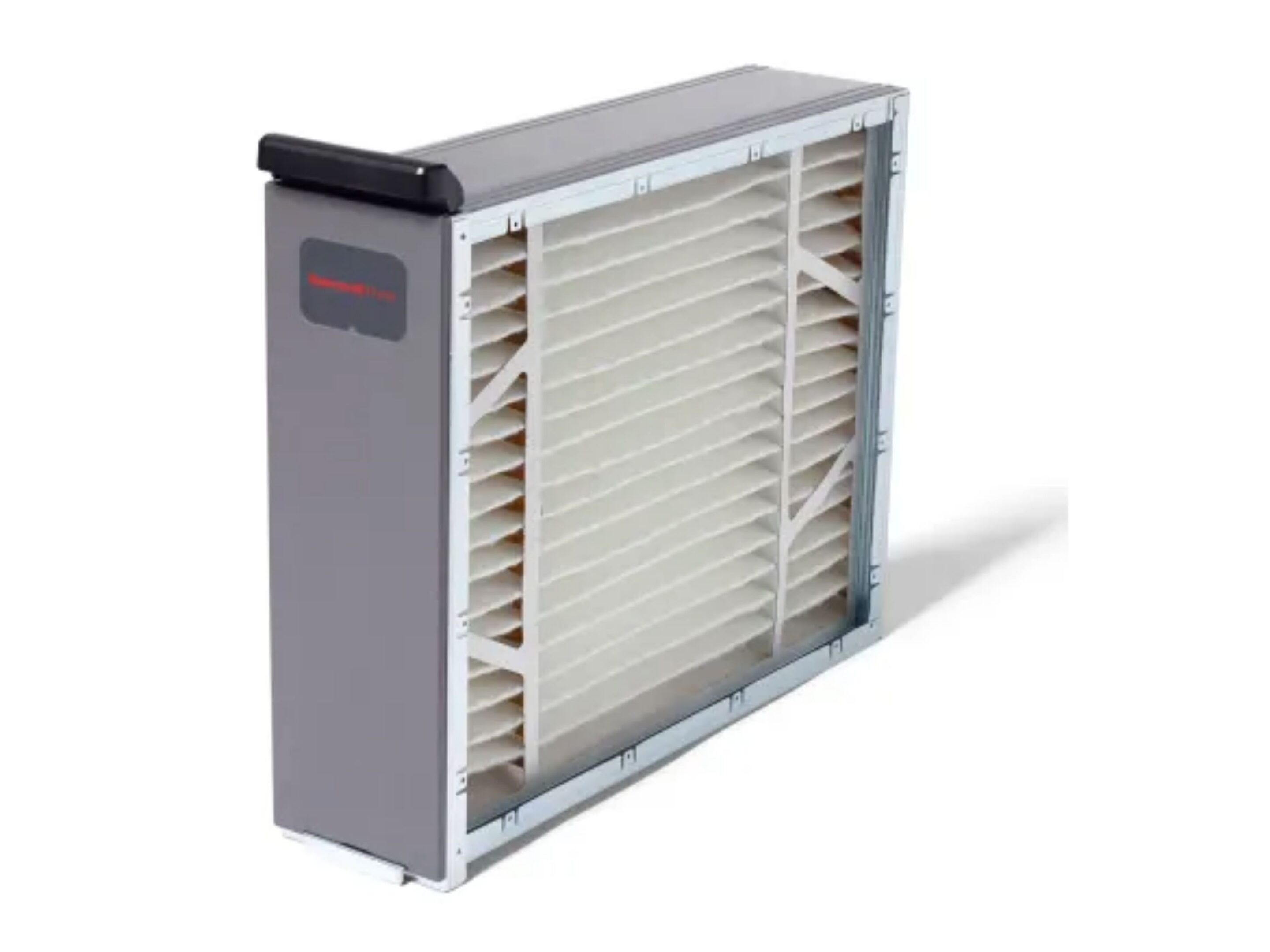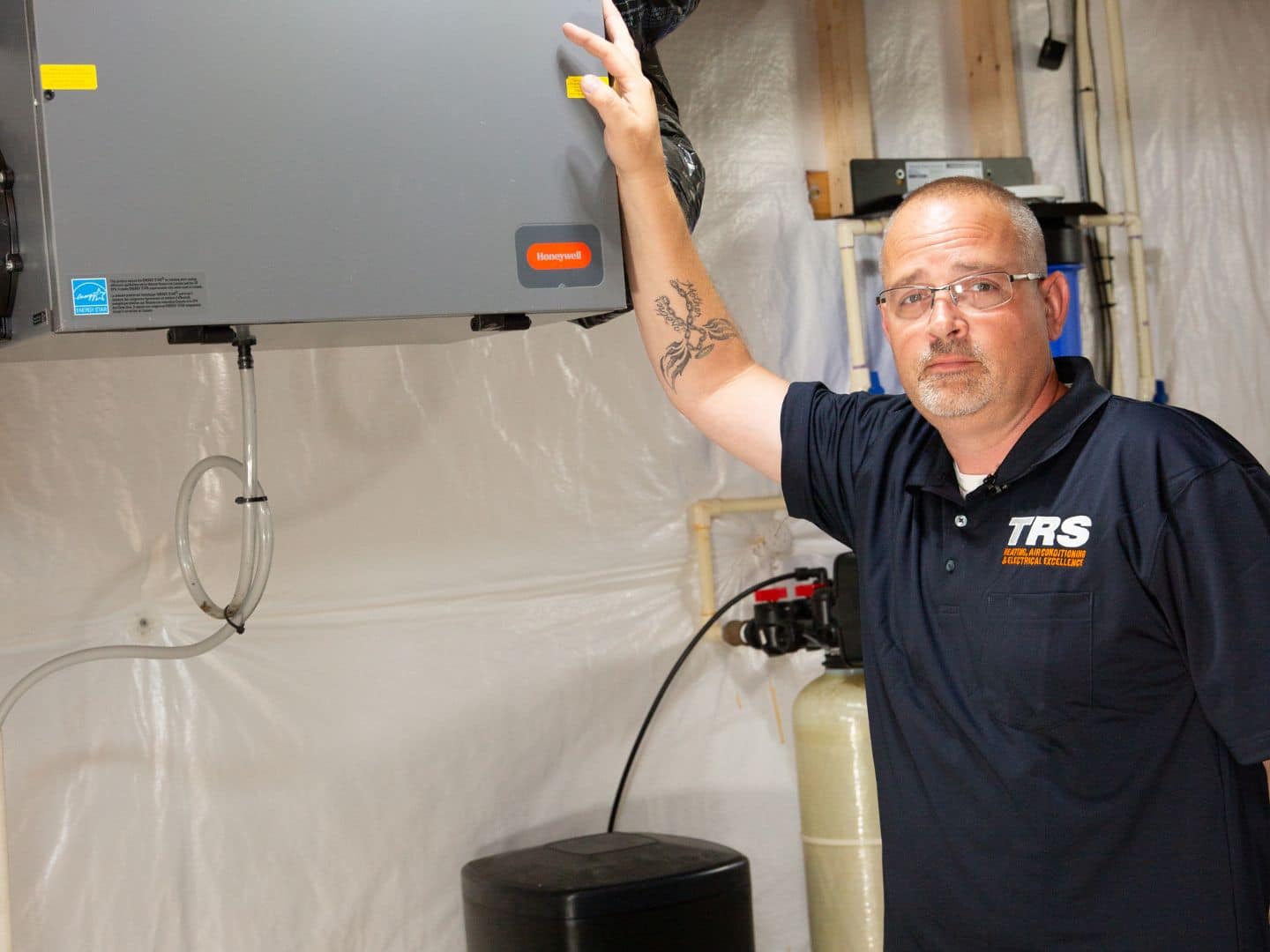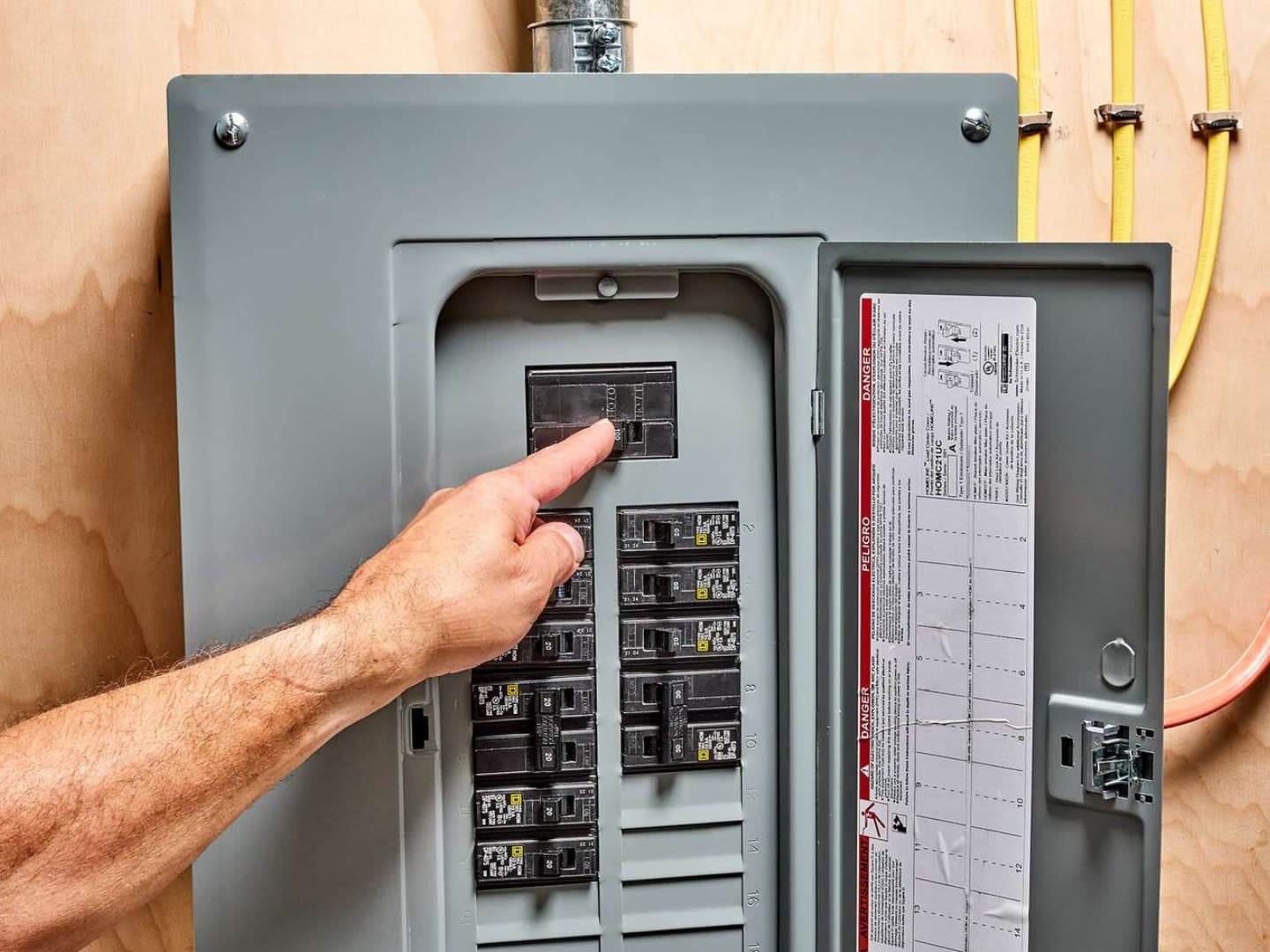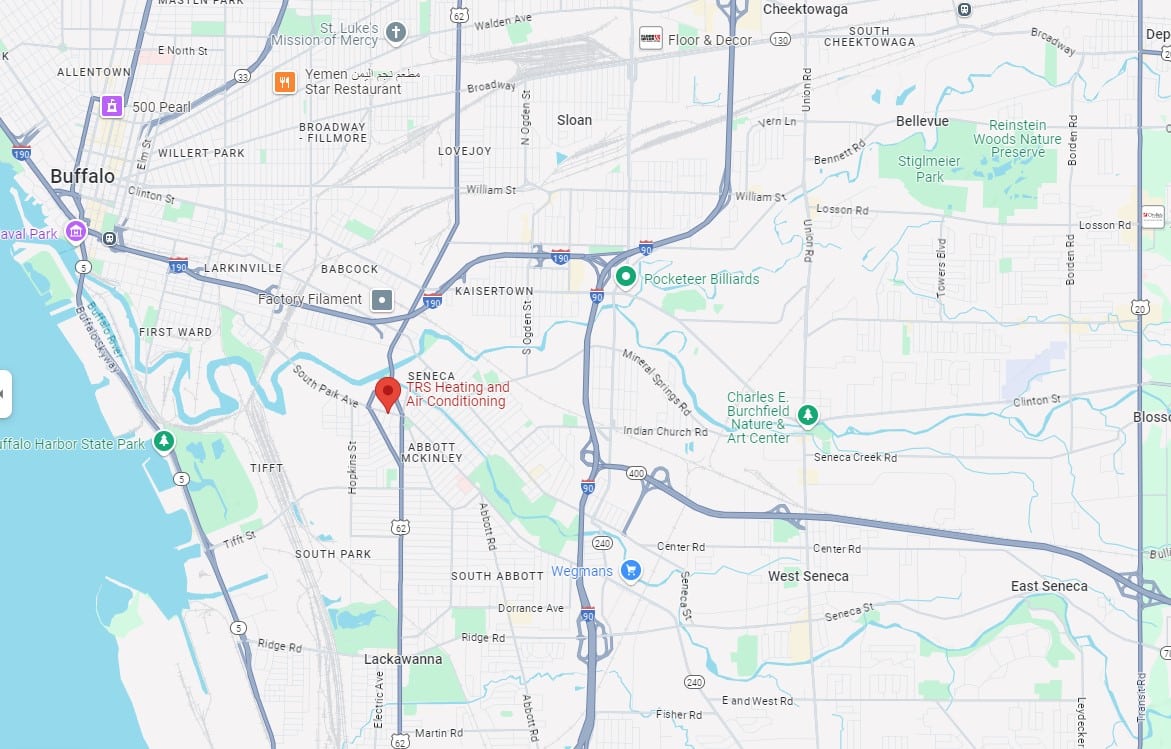Indoor Air Quality is important for every home, especially those with allergies or asthma sufferers. That’s why home air cleaners and other similar products are so crucial. EPA studies show that even in the smoggiest cities, the air inside most modern homes is usually at least ten times more polluted than the air outside.
How can this be? There are many reasons, some of which were discovered only recently. They include invisible assassins like radon and CO2, as well as gas-emitting chemicals like formaldehyde used in making modern carpeting, drapery, household cleaners, furniture and building materials. There are also common airborne pollutants such as pollen, viruses, dust and dust mites and damp areas where standing water can breed mold, mildew and other microbes.
Much of this problem is attributed to the way modern homes are built—for purposes of energy efficiency, and to be as air-tight as possible. The consequence is that stale air, laced with odors, chemicals, irritants – even miniscule insects – often becomes trapped in modern homes, where it circulates over and over. This can lead to eye irritation, sinus congestion, sneezing, runny nose, stuffiness, colds, flu, headaches, dizziness, outbreaks of allergies and asthma, sore throats, and various other respiratory ailments.
So serious and prevalent is this issue that environmentalists have coined a new term for it—IAQ or Indoor Air Quality. Today’s homeowners need to become more aware of the importance of IAQ and what they can do about it.
Indoor Air Quality Products
- Media Air Cleaners
- Electronic Air Cleaners
- HEPA Air Cleaner
- Dehumidification Systems
- Bypass Humidifier
- Steam Humidifier
- Ultraviolet Treatment Systems
Home Air Cleaners – (Media Air Cleaners, Electronic Air Cleaners & HEPA Air Cleaner)
FACT: Air pollution is a serious problem — especially inside your home! The EPA has named indoor air pollution as one of the top 5 environmental risks to public health. The EPA also reports that indoor air can be up to one hundred times more polluted than the air outside.
Don’t just treat the symptoms — remove the problems from the air in every room of your house — from your bedroom to your basement with an home air cleaning system.
What is a Whole-Home Air Cleaner?
There are many types of air cleaners (Media Air Cleaners, Electronic Air Cleaners & HEPA Air Cleaner) on the market today. Whole-Home Air Cleaners make your air as clean as possible by removing particulates from your air, allowing you to breathe healthier air — important to those with allergies and asthma and for those who want the cleanest air possible for themselves and their family. An Air Cleaner installed by your heating and cooling contractor, can help rid your home of dust, dust mites, pet dander, mold spores, pollen, bacteria and viruses, smoke and more!
How Does It Work?
Air Cleaners are installed as part of your home’s central heating and cooling system — completely out of your way and out-of-sight. That means each and every time your system runs, the air in your home is filtered through a state-of-the-art filter media removing potentially harmful contaminants from every room of your home.
The resulting clean air is then distributed via your heating and cooling system’s ductwork to your entire home. Best yet, the system is easy to maintain with infrequent maintenance, only required every 1-2 years, unlike portable units that require monthly care or standard filters that need cleaning every 1-3 months.
Turn your central heating and cooling system into a whole-house air cleaner!
“Poor indoor air quality can cause or contribute to the development of chronic respiratory diseases, such as asthma and hypersensitivity pneumonitis. In addition, it can cause headaches, dry eyes, nasal congestion, nausea and fatigue. People who already have respiratory diseases are at greater risk.”
Why do you need home air cleaner? Consider this:
- Each person inhales over 3,500 gallons of air each day. Children inhale more particles for their size than adolescents or adults.
- Polluted air causes 94% of all respiratory problems.
- More than 31 million Americans have been diagnosed with asthma, about 1/3 are children under 18.
- About 40,000 dust mites, a common household allergen, can live in one ounce of dust.
- An estimated 10-15% of the entire population may be allergic to cat or dog dander.
- A person sheds up to 700,000 skin flakes per day.
The Perfect Questions to Ask
When selecting an air cleaner, many people consider the Minimum Efficiency Rating Value (MERV) — a system used by many manufacturers in their claims. Media Home Air Cleaners are rated MERV 10 at 1200 cfm (the typical airflow for an average home). But we suggest that you consider the following questions to determine the best air cleaner for you:
- Is it a whole-home solution? It should clean the air in the entire house, not just a room or section of your home.
- Is there long service life? Who enjoys changing the filter media every month or even every couple of months? The best air cleaner should require maintenance only once a year.
- Will it enhance equipment life? The best air cleaner should permanently trap the dirt that causes heating and air-conditioning units to wear prematurely.
- What about quality? The best air cleaner should be built to last, providing the same high performance for years. One mark of quality is the seal around the door. It should have broad, thick seals to minimize air leakage.
- Is it invisible and silent? The best air cleaner should be invisible, not another piece of furniture in a room. It should operate silently, not make distracting noises.
Contact us today to find the right home air cleaner for the right price in Buffalo, NY.
